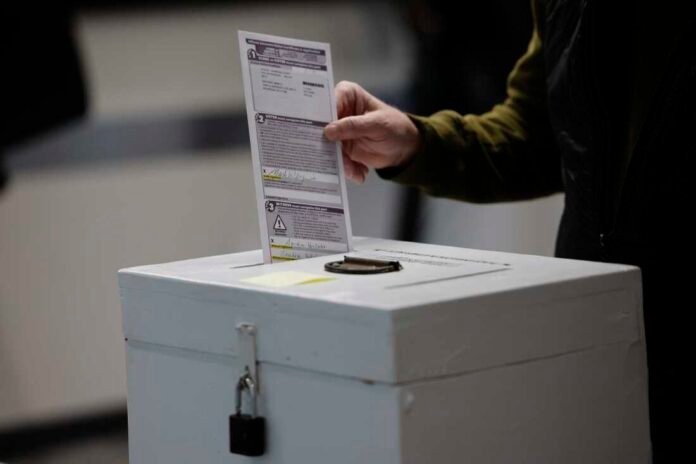President Donald Trump signed an executive order Tuesday requiring individuals to provide documented proof of U.S. citizenship when registering to vote in federal elections—a move that critics argue could disenfranchise millions of eligible voters.
The order directs the Election Assistance Commission to revise the federal voter registration form, mandating submission of documents such as U.S. passports or other government-issued IDs that explicitly confirm citizenship. However, many commonly accepted forms of identification, including birth certificates, military IDs, and REAL IDs, do not always verify citizenship status.
Currently, federal law only requires voters to affirm their eligibility under penalty of perjury when registering. Courts have previously blocked states from imposing additional documentary proof-of-citizenship requirements for federal elections.
Trump framed the order as a safeguard against noncitizen voting, despite studies showing such cases are exceedingly rare. Voting by noncitizens is a federal crime with strict penalties, and election officials routinely audit voter rolls for irregularities.
Legal experts predict swift challenges to the order, arguing it exceeds presidential authority and conflicts with existing federal law. “Much of this is illegal,” said Sean Morales-Doyle of the Brennan Center for Justice. Critics also warn the policy could disproportionately impact naturalized citizens, low-income voters, and others who may lack the required documentation.
The order is part of Trump’s broader push to tighten election rules, fueled by his repeated—and unfounded—claims of widespread voter fraud. Opponents argue the measure risks suppressing legitimate votes rather than addressing any real security threat.
For more political updates, visit DC Brief.


